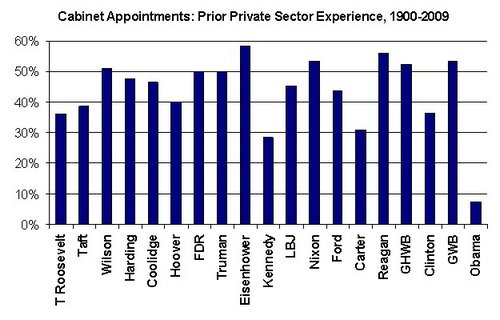This sounds like an interesting book:
“The First Tycoon: The Epic Life of Cornelius Vanderbilt” (2009) by T.J. Stiles.
It’s about one of my favorite decades, the 1830s. And I’ve been wanting to read more about the rise of industrial corporations. I’m especially interested in the adjustments that people had to make in their lives and outlooks in order to become cogs in the industrial machinery. But a book about one of the industrial tycoons could be interesting, too.
I learned about the book from an article in the weekend Wall Street Journal by the same author: “Men of Steel: Billionaires, like little boys, have long liked to play with trains. With his latest purchase, Warren Buffett is on track to be today’s Cornelius Vanderbilt.”
But one statement in the article almost convinced me not to waste my time. It’s this:
With the meltdown of 008, the public’s attitude [toward Wall Street] switched from love to hate overnight…
This of course is nonsense. Certain newspaper people have been trying to peddle this line, but I don’t know why they’d expect anyone to believe it. Hatred and detestation of corporate America has been part of the air we breath for as long as anyone can remember. What happened in 2008 probably reinforced a lot of peoples’ opinions. It may even have changed a few, though I don’t personally know of anyone in real life or on the internet whose view of Wall Street and business corporations underwent any fundamental change because of the 2008 meltdown. Politicians and their media flunkies like to exploit a crisis, of course, but one has to allow for the fact that they have an agenda.
Oh, well. I’m hoping the book is better than that one statement.

